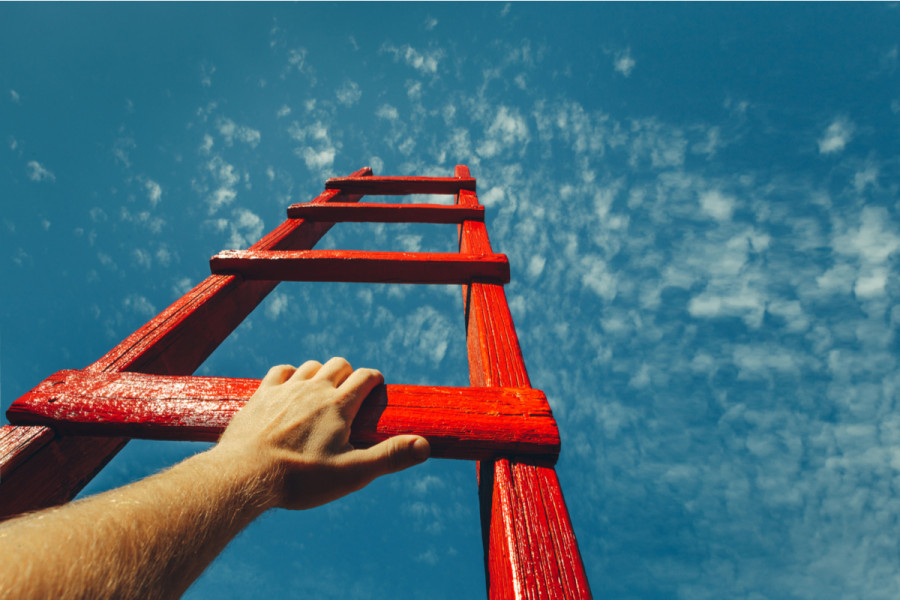Columns
Resilient Nepalis
Crises seem to spur Nepalis to achieve the impossible, as we witnessed in the months after the earthquake.
Sujeev Shakya
Visitors are now starting to trickle in, and physical meetings are gradually happening. Any crisis seems to spur Nepalis to achieve the impossible, as we witnessed in the months after the earthquake. Resilience seems to be ingrained in the Nepali genetic code. The economic statistics have surprised many ardent doubters as well. The indicators seem to reflect the ground reality. We have also been tracking numbers coming out of many countries, and surely Nepal surprises us all. Remittances have increased even though the number of people going abroad has dropped. Folks interpreting figures from graphs and charts casting a shadow of doubt from the comfort of their laptops in some distant country had anticipated a fall in remittances; we are now waiting for their rejoinder analysis.
Consumption has not been hit hard, as reflected in the import data. Short-term liquidity issues come and go, but in general, both bank deposits and loans have swelled during the pandemic. Real estate prices and transactions continue to defy expectations. Where is the bubble, and why for the past half century have we not seen it burst? The taxes collected out of real estate transactions keep people wondering where all this money comes from. Government tax collections have not taken a serious hit. After all, the stock market continues to baffle everyone as prices soar along with the transactional volume. It is estimated that about $5 billion of fresh money came into the market from retail investors across Nepal who can now use a smartphone to buy and sell shares. This ensured that many old seasoned investors could book profits and exit the market. Estimates suggest that about $2.5 billion from such exits pushed real estate prices that have dramatically increased across Nepal in the last two years.
Land provides cushion
As someone familiar with this business said, you can choose an area where you pay premium prices, or you have to go to a place where you may not have any choice. You cannot choose the location and price. In Nepal, 86 percent of the people own land, which is very high compared to many other countries. The construction sector seems to be providing the majority of jobs, and so have many government projects that kept the populace busy during the pandemic. Let us also not forget that the previous government was known to award contracts and start projects as it functioned with the least amount of accountability that is also becoming evident in the auditor general’s report.
The fact that one has land and can also trade them makes one take the position of tiding over the challenges, much as we did in the past during the decade of the insurgency. The economy was hit hard by the Indian blockade in September 2015 that followed the impact of the devastating earthquake. The landless make up only 14 percent of the population, and they are the ones that have been perennially in a problematic situation throughout. Yes, there are the abject poor that need attention, but it will be important not to build a life by rent-seeking on someone else’s poverty.
Despite the whining nature of Nepalis, they manage to find solutions and move out. While travelling during this pandemic to and from the Middle East, I spoke with people who have found ways to keep their jobs or look for new ones. People who knew were surprised that Nepali workers were chartering flights to go back to work in South Korea. They seem to have understood the maths well; therefore, people did not bat an eyelid when airfares soared to obnoxious levels, the planes still left full!
We need to look at Nepali traits to understand how our brains function. There are more than 850,000 people who have taken the Korean language test, but may not want to invest in improving their English to move up the job hierarchy or learn Hindi to better their performance in India. They have their own calculations, be it rushing to Poland to get to the European Union or getting into containers for months undertaking arduous journeys to get to the United States. They are always looking ahead and want to put the past behind them. This helps in building a resilient frame of mind. We have seen this across the country after natural disasters and human-induced disasters.
Global aspirations
Last week, Richard Branson’s new safari hotel in Kenya was named the best hotel in the world by Travel and Leisure. We keep wondering as to why no Nepali aspires to build a hotel that would bag such awards. It is not that we have not done so in the past. Tiger Tops in Chitwan and Fish Tail Lodge in Pokhara continued to feature among the top hundred hotels in the 1970s and 1980s. When we experience a Nepali product or a service, why do we find that they do not have any aspiration to become the best in the world? I keep asking my friends in the banking industry why we never want to get Great Places to Work surveys in Nepal and bring global benchmarks that will make it easy for Nepali banks when they want to acquire banks in foreign countries. Similarly, we see the very low quality of service provided by internet companies and online merchants.
For our resilience to pay a dividend in the long run, we need such global aspirations. Every time we bounce back from a crisis, the benefits are short-lived as we go back to our usual ways of doing things, and wait for another crisis to wade in.




 13.12°C Kathmandu
13.12°C Kathmandu















